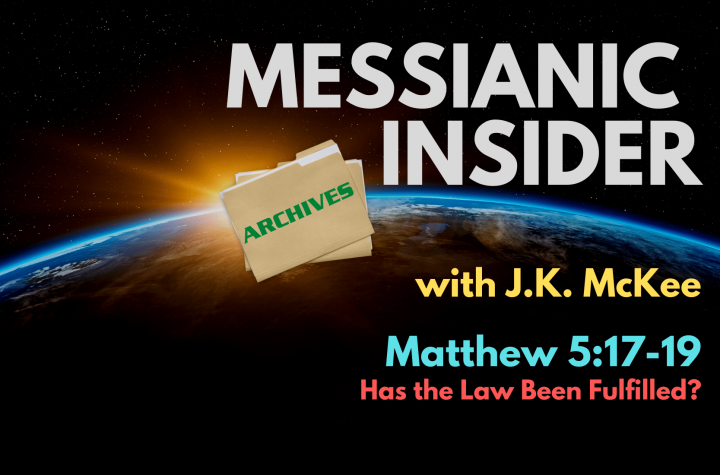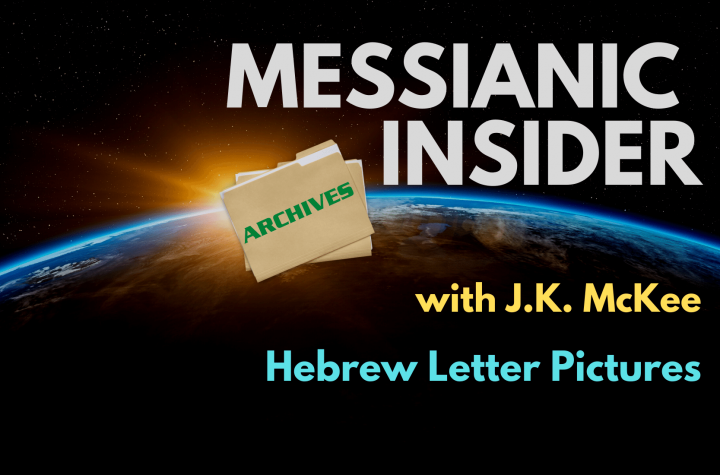This one verse written by the Apostle Paul speaks of a new status for human beings that has been inaugurated via the sacrificial work of Yeshua, as God’s people are to be united as “one person” (NEB), actively accomplishing His tasks in the Earth. At times, we do find Galatians 3:28 quoted among those in our Messianic faith community, but its ramifications are not often fully considered or probed for their significant spiritual power. Current and severe developments in the Messianic movement in our day—with the future steadily looming—require that we take a fresh look at this verse, what its message of equality means for us, and things that we are certainly missing as we seek to be those who are useful in the Lord’s work. This single verse asks us many difficult questions about both Biblical equality and why the Messianic community seems to have less unity and more rivalry.
Messianic Insider
Matthew 5:17-19, which preface the Sermon on the Mount which follows, are some of the most important verses of the Apostolic Scriptures (New Testament) for today’s Messianic movement. These verses speak of the Messiah’s intent to fulfill, and not abolish, the Mosaic Law. But what does it mean that the Messiah was to come and fulfill the Law? Does it just pertain, as is commonly thought, to the prophetic agenda of accomplishment that is realized by the Messiah’s arrival? Or, is there a multi-layered dynamic of the Messiah’s coming to “fulfill” the Torah, which must be taken into consideration? Has the Law been “fulfilled and thus abolished,” as many people today conclude? If this is in error, then what might need to be corrected in some Believers’ view of the Torah?
J.K. McKee of Messianic Apologetics responds to three categories of questions: Tanach (OT), Apostolic Scriptures (NT), and theology/Biblical Studies.
1. Is the doctrine of resurrection really present in the Tanach?
2. Abraham, Isaac, and Jacob are to be regarded as living, even though they are dead.
3. How should today’s Messianic people approach the holiday of Thanksgiving?
J.K. McKee of Messianic Apologetics discusses how events within 2020 have changed the ministry approach of Outreach Israel. Lines between theology, ministry, and current events/politics are much more easily crossed—particularly as the Messianic movement needs to begin to see itself as the end-time move of God.
Is there any academic validity with Hebrew letter pictures, i.e., interpreting various Hebrew words through the representations of each letter in its spelling?




